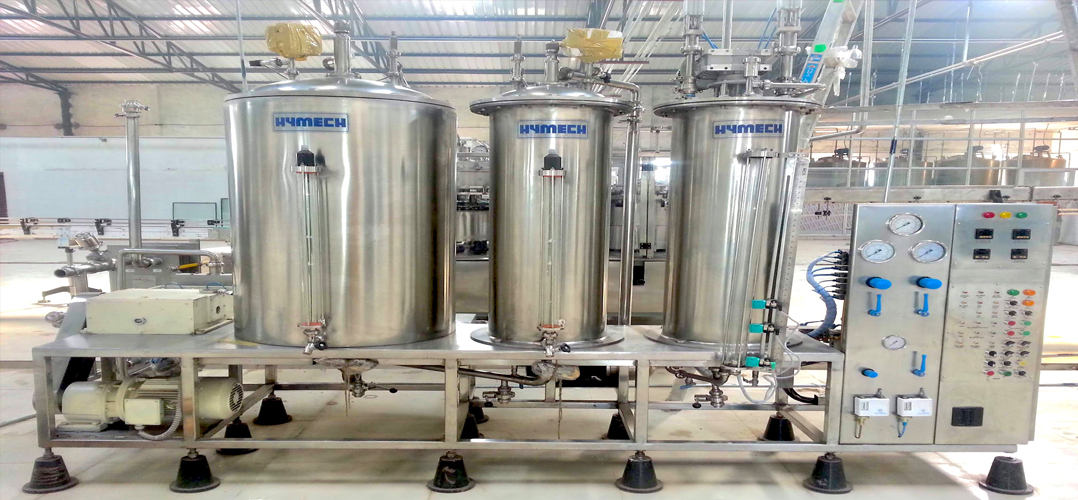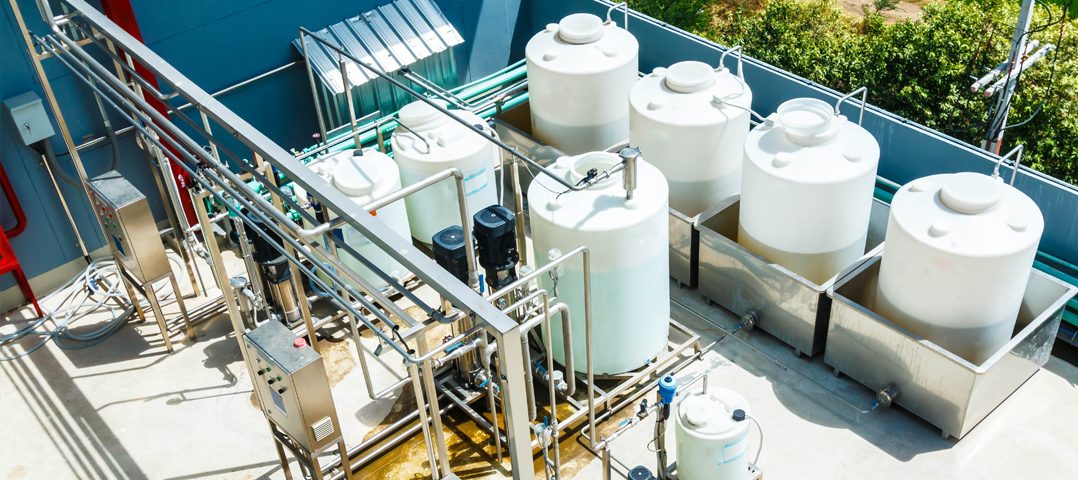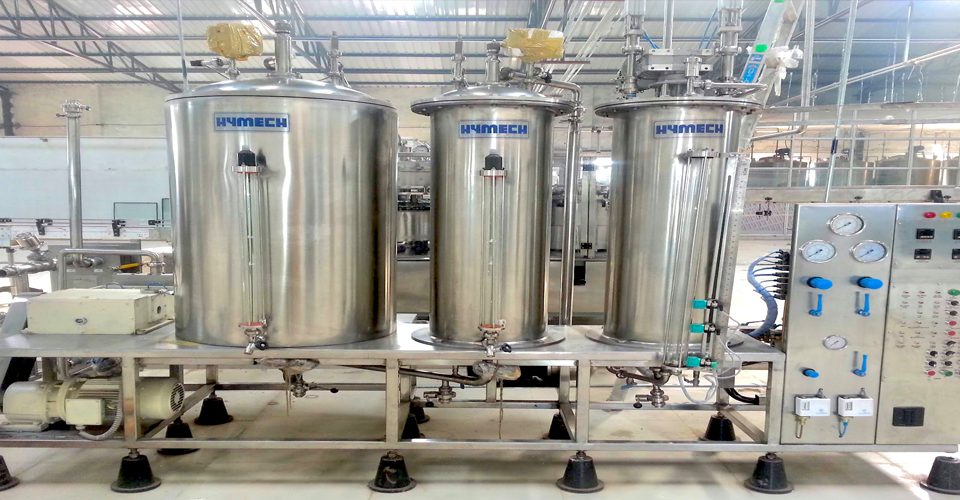
Understanding the Different Types of Water Treatment Plants: RO, ETP, and STP Explained
June 9, 2025Eco-Friendly Water Purification Solutions: How to Purify Water Without Harming the Environment
June 9, 2025Introduction to Effluent Treatment Plants (ETPs)
Water scarcity is a growing concern worldwide. As populations rise and industries expand, the demand for clean water increases dramatically. Yet, one resource often overlooked in this crisis is the potential locked within our wastewater. Enter Effluent Treatment Plants (ETPs)—the unsung heroes of water recycling. These facilities transform waste into a valuable resource, playing a crucial role in sustainable water management. With innovative technology and processes at their core, ETPs are not just about treating sewage; they’re about creating opportunities for reuse and conservation in an increasingly thirsty world. Let’s dive into how these remarkable plants work and why they matter now more than ever.
How ETPs Work: The Process of Recycling Water
Effluent Treatment Plants (ETPs) operate through a multi-step process designed to purify wastewater. The journey begins with screening, where large solids and debris are removed. This initial step prevents damage to equipment in subsequent stages.
Next comes primary treatment, which settles out heavy particles in sedimentation tanks. This phase allows for the separation of sludge from liquid waste.
The heart of ETPs lies in biological treatment. Here, microorganisms break down organic matter, transforming pollutants into harmless byproducts. Aerobic or anaerobic processes may be employed depending on the design and specific needs.
Advanced filtration methods refine the water further. Techniques such as membrane filtration or UV disinfection ensure that any remaining contaminants are eliminated before the treated water is reused or discharged safely back into the environment.
Benefits of Using ETPs for Water Recycling
Effluent Treatment Plants (ETPs) bring a host of benefits that extend beyond mere compliance with regulations. One major advantage is the recovery of valuable resources. By treating wastewater, ETPs can reclaim water for various uses, such as irrigation and industrial processes.
Cost savings are another significant upside. Businesses can reduce their freshwater consumption by recycling treated effluent, leading to lower utility bills over time.
Environmental sustainability also takes center stage with ETPs in operation. They help minimize pollution entering natural water bodies, preserving ecosystems and promoting biodiversity.
Additionally, adopting these plants enhances corporate social responsibility metrics. Companies demonstrate their commitment to sustainable practices while securing a positive public image.
With technological advancements improving efficiency, the potential for innovative applications continues to grow, making ETPs increasingly vital in modern water management strategies across industries.
Case Studies: Successful Implementation of ETPs
One striking example of successful ETP implementation is the city of Pune, India. The Pune Municipal Corporation established a state-of-the-art effluent treatment facility that significantly reduced pollution levels in local rivers. This ETP not only treated wastewater but also recycled it for irrigation and industrial use.
Another notable case comes from Singapore, where NEWater has become synonymous with water recycling. Through advanced membrane technology, this initiative transforms treated sewage into ultra-clean water suitable for drinking and manufacturing processes.
In Australia’s Melbourne, an ETP was integrated within a residential development to process greywater from homes. Residents enjoy lush green spaces while minimizing their reliance on potable water sources.
These diverse implementations highlight how cities worldwide are harnessing the potential of effluent treatment plants to create sustainable solutions tailored to their unique challenges.
Conclusion: The Importance of ETPs in Sustainable Water Management
Effluent Treatment Plants (ETPs) serve as a crucial link between waste and resource. They transform potentially harmful effluents into clean, reusable water. This not only conserves valuable freshwater resources but also protects our ecosystems from pollution.
The operations of ETPs are complex yet fascinating. By employing various treatment processes, they remove contaminants effectively. As industries and municipalities adopt more stringent environmental regulations, the role of ETPs becomes increasingly vital in sustainable water management strategies.
Utilizing ETPs offers numerous benefits including cost savings, reduced environmental impact, and enhanced community health standards. Case studies around the globe highlight successful implementations that demonstrate their potential to turn challenges into solutions.
Despite facing obstacles such as technological limitations and financial constraints, innovative approaches continue to emerge within this field. The future outlook for ETPs appears promising with advancements in technology paving the way for even greater efficiencies.
The pressing need for sustainable practices cannot be overstated. As we navigate through issues related to water scarcity and pollution, Effluent Treatment Plants will undoubtedly play an integral part in ensuring a cleaner environment while providing essential recycled water resources.


